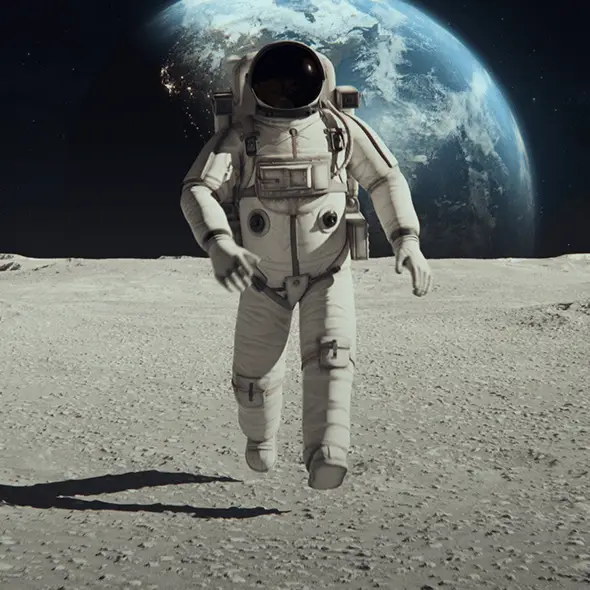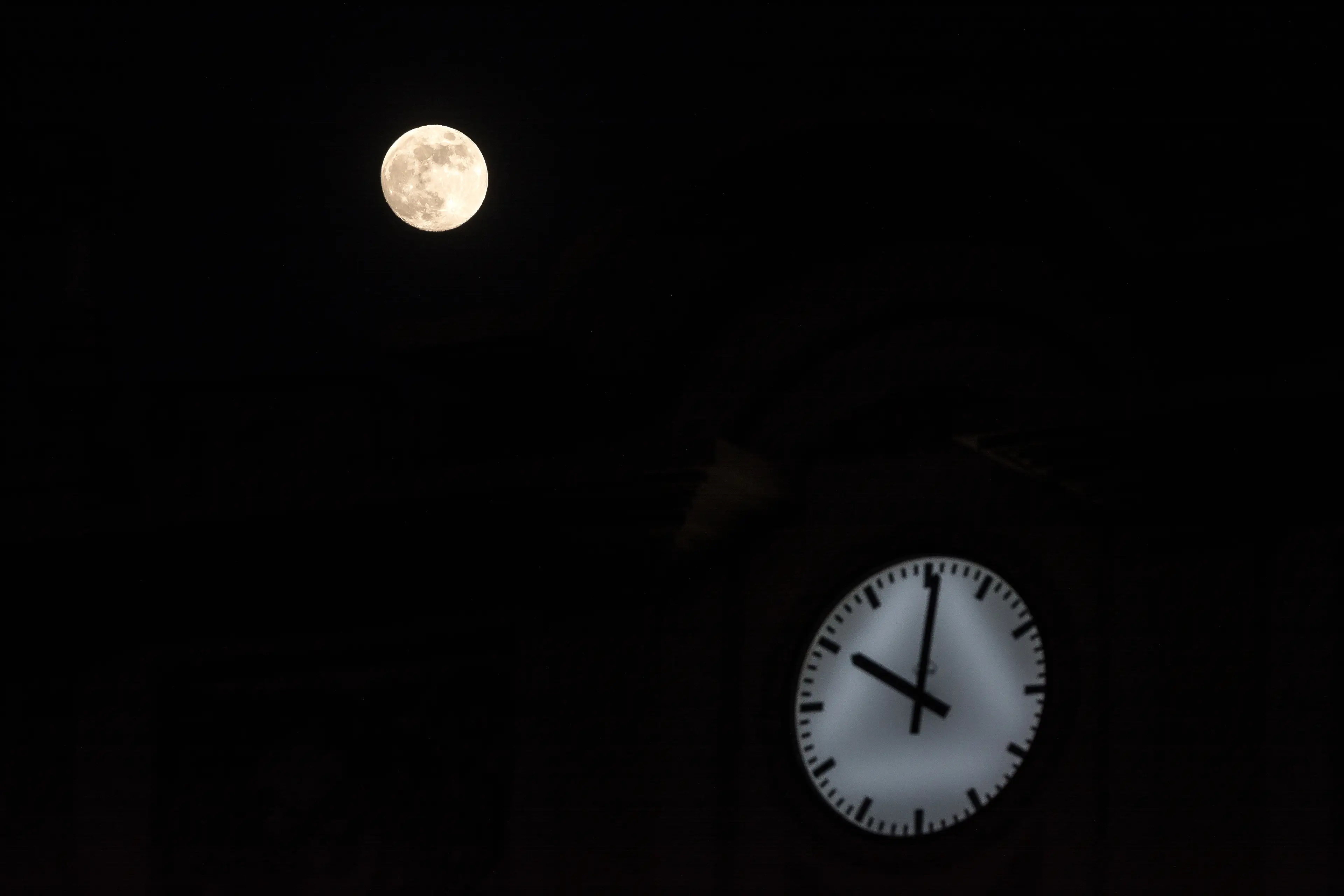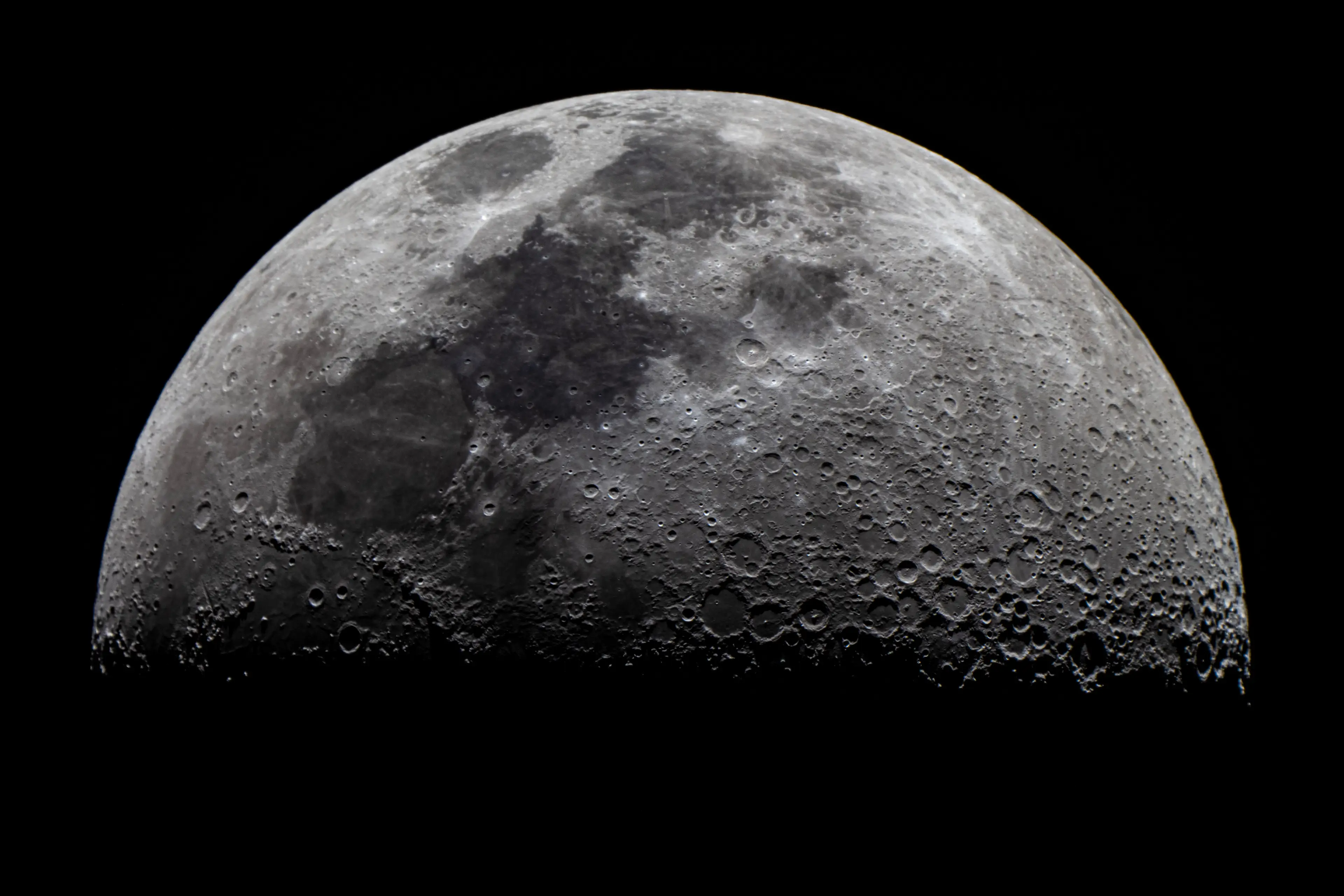
Ever wondered how you'd tell the time when you're on the Moon? Well, that hasn't exactly been a pressing concern for most people recently.
Still, it would seem that it's a problem that is going to be fixed sometime quite soon, because the US Office of Science and Technology Policy (OSTP) has asked NASA to come up with a system by 2026.
NASA won't work alone on this, of course, since it has no total right over the Moon itself, but will cooperate with other international agencies to figure out how it'll work.

Advert
Either way, though, it seems like we know what the time zone will be called - Coordinated Lunar Time (LTC).
Part of the question here is that there is a difference in how quickly time passes on the Moon compared to Earth, even though it's a pretty microscopic one, at 58.7 microseconds faster each day.
Kevin Coggins, NASA’s top communications and navigation official was widely quoted as telling various outlets: "An atomic clock on the moon will tick at a different rate than a clock on Earth. It makes sense that when you go to another body, like the moon or Mars, that each one gets its own heartbeat."
So, for instruments, satellites and other devices in Lunar orbit or on the Moon itself, it would be really useful to have an incredibly precise timekeeping system that was tied to the Moon rather than to Earth.
So far, so logical, and the reasoning behind that 2026 deadline is actually pretty obvious, too, when you think about it. After all, 2026 is the year that NASA is currently aiming to recommence manned missions to the Moon as part of its Artemis program.
This will eventually graduate to the formation of an actual honest-to-goodness Moon base, and it'll all play heavily into the planning and procedure for the launch of manned missions to Mars further down the line, fulfilling the dreams of so many science fiction fans and authors.

Thus, everything comes together to form a roadmap that might not depend entirely on the formation of a new time zone for the Moon, but which demonstrates just how carefully the different pieces of the spacefaring puzzle fit together, and how each can contribute to our interplanetary expansion.
Since the maintenance of time zones on Earth requires a complicated international network of atomic clocks to maintain total accuracy, it's very possible that the development of LTC will eventually require a similar (but doubtless smaller) network on the Moon.
Either way, this is a really interesting development, and there are some concepts involved in it that can get head-scratching. However, we really think it's worth just expanding out that LTC abbreviation again - Coordinated Lunar Time, how cool is that?!.
